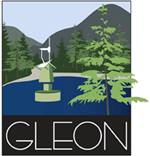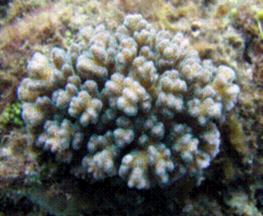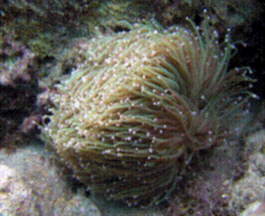GLEON is a grassroots association of limnologists, information technology experts and engineers who are building a scalable, persistent network of lake ecology observatories. Data from these observatories will help researchers better understand key processes, such as the effects of climate and land use change on lake function, the role episodic events such as typhoons in resetting lake dynamics, and carbon cycling within lakes. The observatories will consist of instrumented platforms on lakes around the world capable of sensing key limnological variables and moving the data in near-real time to web accessible databases.
Sensors used in lake observatories are capable of generating gigabits of data. At NCHC in Taiwan, ecological observations use HDTV cameras to stream information over optical networks controlled using Canada’s UCLP.
URL:
Collaborators:
Australia:
Centre for Water Research, University of Western Australia
Canada:
Dorset Environmental Science Centre, Inland Lakes, Ontario Ministry of Environment
China:
Nanjing Institute of Geography & Limnology
Finland:
Lammi Biological Station, University of Helsinkit
Israel:
Kinneret Limnological Laboratory, Israel Oceanographic & Limnological Research Ltd.
New Zealand:
Centre for Biodiversity and Ecology Research, University of Waikato
Republic of Korea:
Center for Lake Management Research, Kangwon University
Taiwan:
Research Center for Biodiversity, Academia Sinica; National Center for High Performance Computing (NCHC)
UK:
Centre for Ecology & Hydrology
USA:
Trout Lake Research Station/Center for Limnology and Department of Civil and Environmental Engineering, University of Wisconsin-Madison
Calit2 and Center for Research on Biological Systems and San Diego Supercomputing Center, University of California, San Diego
Archbold Biological Station
Thomas J. Watson School of Engineering, State University of New York-Binghamton
Pervasive Technology Labs, Indiana University-Bloomington


 [Underwater images from Taiwan courtesy of Fang-Pang Lin, NCHC.]
[Underwater images from Taiwan courtesy of Fang-Pang Lin, NCHC.]